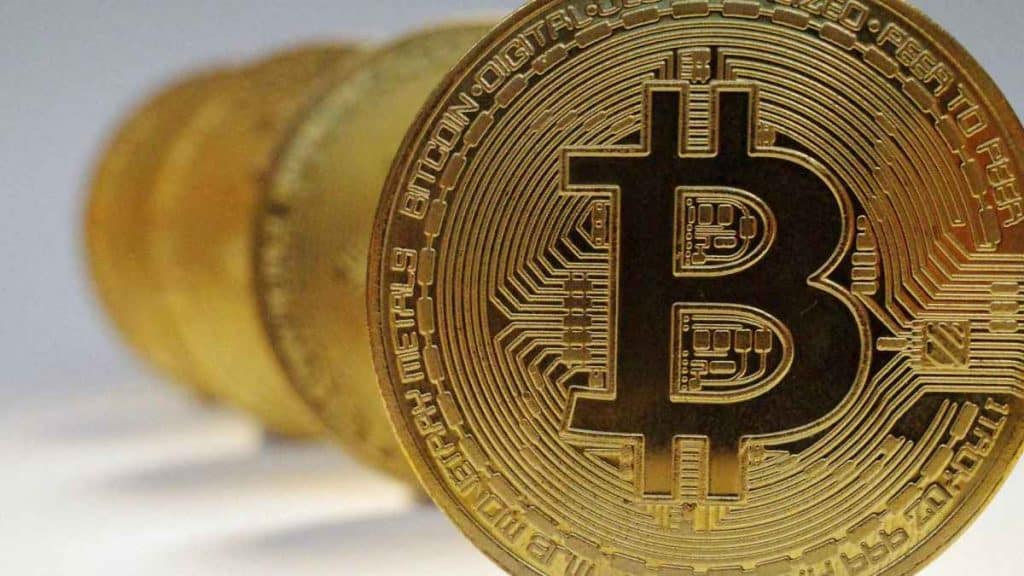Bitcoin has changed the perspective of the common masses against trade and investments. The previous means and methods of investments are now entirely changed and the physical mode of transaction is now changed to the digital way. As a result, there are too many contenders of having the profit in the clutches of oneself and this is leading the way for hoarding the profits against oneself. In recent times, the interest of people along with the authorities of a country like its government has increased and is thus paving its presence in the digital world. Those countries which were far apart from the concept of digital trade are now constantly developing ways for it by themselves. In this article, we are going to discuss how Bitcoin despite being the most successful digital currency is struggling to keep itself away from the sanctions imposed by different authorities throughout the world. If you want to know more about Bitcoin, don’t miss the Bitcoin and peer-to-peer lending, which explores how it’s disrupting traditional banking.
What is a Sanction?
Before we proceed towards clearing the air of sanctions on Bitcoin, it is important to understand what a sanction means in the real world. Sanction is the concept of the physical world dedicating itself to the penalties imposed by a higher authority on the individual, organization, or company for not following some previously set norms related to the smooth functioning of government itself. One defines sanctions as to be a form of imposition made dedicatedly to stopping the escalation of a dispute or to bring a complete stop to it. Sanctions are mostly related to the bans on some processes related to nuclear proliferation and interference in the topic of human rights.
Bitcoin’s Presence in the Politics
Due to the growing interest of governments of different countries in the crypto world, the political tinge has already crept into this whole process. One of the remarkable events that settled the note of Bitcoin’s entrance into world politics can be referred to as the usage of digital currencies by the Iranian government to fund some of its import trades. There were previous control measures in the country of Iran itself that were mostly developed by the former government of Iran but now are being changed by the existing ones. One of the most important reasons for this peak popularity of not only Bitcoin but other cryptocurrencies as well in the country of Iran is due to the sanctions imposed by the United States on its nuclear and other programs which are considered an economic threat.
The case of Venezuela
The country of Venezuela has an opposite nature in contrast to that of Iran. Venezuela has made Bitcoin an official currency just like the physical one and some of its national transactions are also maintained by Bitcoin’s blockchain. In the year of 2017, the United States of America also imposed its sanctions on this country which made Venezuela devise an alternative to green money. There is no other option best compared to cryptocurrency and especially Bitcoin. Bitcoin also helped the country to get out through the depression of loans and other downgrades.
Impact of these countries on Bitcoin
These two countries can play an important role in influencing the acceleration rates of Bitcoin. The central bank of Iran is the world’s first central bank that has started accepting payments in the form of crypto. This leads the way for Bitcoin towards entering into national politics and as a result, can also avoid money-related sensitive cases like financial destruction and other important ethics. Bitcoin has a bright future and sanctions imposed on different countries can make the countries play and pay through different methods of which paying through Bitcoin has become a famous method.

